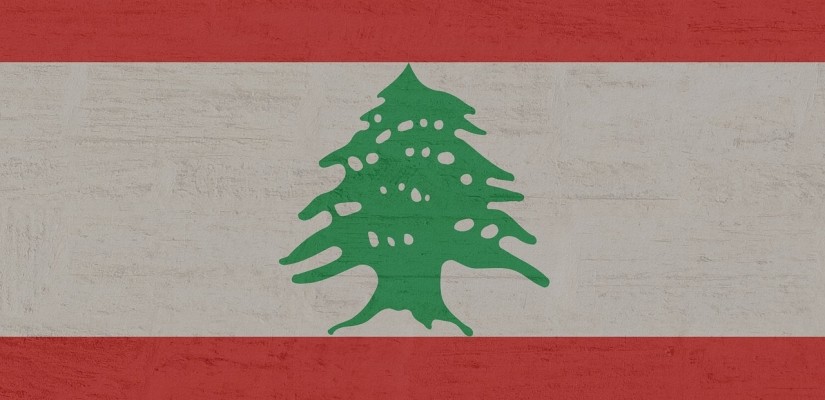
Protests have reignited in Lebanon amid the ongoing coronavirus (COVID-19) pandemic, echoing the anti-establishment protests that began in October 2019 against corruption and the poor state of the country’s economy. On April 27, 2020, thousands of protesters across Lebanon marched through city streets, blocked roads, and set fire to banks. These renewed protests followed the rapid devaluation of the local currency, the concurrent increase of food prices, and the easing of coronavirus-related movement restrictions imposed by the government. The Lebanese pound has lost half its value in the past six months, leading millions to lose half the value of their salaries and savings. Banks have been limiting withdrawals of the Lebanese pound for six months and have entirely phased out withdrawals in foreign currencies that were previously standard.
Protests turned to riots in Lebanon’s northern city of Tripoli, in which security forces clashed with protesters reportedly using tear gas and rubber-coated bullets. One protester was killed and over 40 security personnel injured as a result of the ensuing conflict.
Click here to read our Insight on the Global Risk of Political Unrest.
